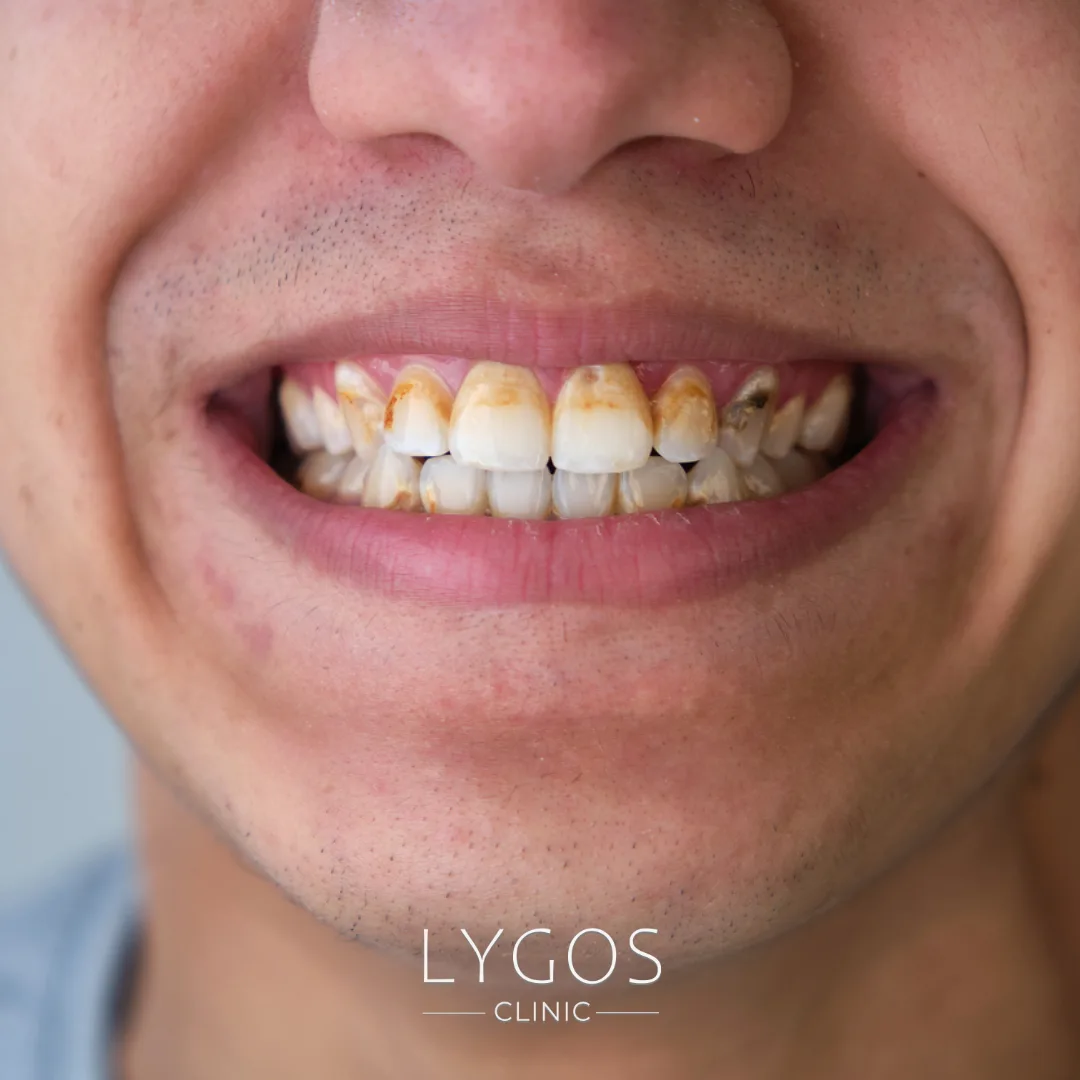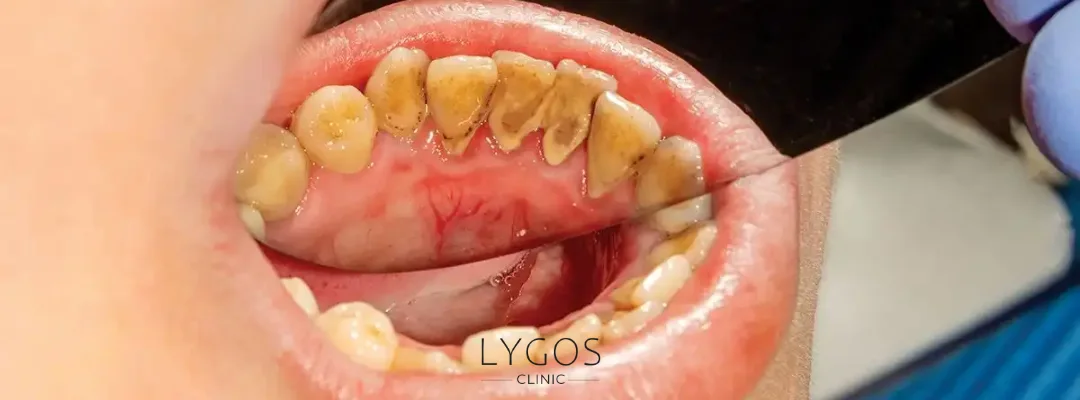Habits That Accelerate Tartar Formation

Chose Your Topic
Habits That Accelerate Tartar Formation
Oral health is an important indicator of our overall health. However, some habits can unknowingly harm our dental health. In particular, habits that accelerate tartar formation can lead to serious problems, both aesthetically and health-wise. In this article, we will discuss what tartar is, how it forms, which habits accelerate this process, and ways to prevent it.

What Is Tartar and How Does It Form?
Tartar, also known as dental calculus, is a hard layer that forms when dental plaque on the teeth hardens due to minerals in saliva. Plaque is initially soft, but over time, it mineralizes and turns into tartar, which is much harder to remove.
Tartar usually accumulates along the gum line and on the inner surfaces of the back teeth. This buildup can cause gum inflammation, bad breath, and discoloration. When habits that accelerate tartar formation continue unnoticed, they can have lasting effects on dental health.
Dietary Habits That Accelerate Tartar Formation
Diet directly affects the speed of tartar formation. Sugary and starchy foods, in particular, increase plaque formation. Plaque accumulation is the primary precursor to tartar.
Frequent consumption of carbohydrates, especially chocolate, biscuits, and white bread, leads to residue buildup on the teeth. Additionally, acidic drinks can weaken tooth enamel and make plaque accumulation easier. For these reasons, poor dietary habits are an important factor among habits that accelerate tartar formation.
The Role of Poor Oral Hygiene
Inadequate or irregular brushing is one of the fastest ways tartar can form. Brushing at least twice a day and using dental floss regularly are fundamental methods to prevent tartar.
Inadequate or irregular brushing is one of the fastest ways tartar can form. Brushing at least twice a day and using dental floss regularly are fundamental methods to prevent tartar.

The Effect of Smoking and Tobacco Products on Tartar
Smoking and other tobacco products are among the most harmful habits for oral health. Tobacco use changes the bacterial balance in the mouth and increases plaque buildup.
Research shows that smokers develop tartar faster and are more likely to experience gum disease. Therefore, smoking and tobacco use are critical factors in accelerating tartar formation.
Effects of Medical Conditions and Medications
Some medical conditions and medications can also affect how quickly tartar forms. For example, dry mouth (xerostomia) facilitates tartar formation. Certain antihistamines, blood pressure medications, and chemotherapy drugs can reduce saliva production.
Additionally, metabolic conditions like diabetes can alter the oral microflora, accelerating plaque and tartar formation. While these conditions are often beyond a person’s control, they can increase the risk of tartar formation, especially when combined with certain habits.

Effective Ways to Prevent Tartar
Preventing tartar requires adopting some simple but effective habits, including:
- Regular brushing and flossing: Brushing at least twice a day and cleaning between teeth prevent plaque buildup.
- Balanced diet: Limiting sugary and acidic foods reduces plaque formation on teeth.
- Avoiding smoking and tobacco products: Staying away from tobacco protects oral health.
- Regular dental check-ups: Professional cleanings remove tartar that has already formed.
- Adequate water intake: Promotes saliva production and helps maintain oral cleanliness.
By adopting these habits, it is possible to prevent tartar formation and maintain long-term oral health. The earlier habits that accelerate tartar formation are recognized, the easier it is to take preventive measures.
Tartar negatively affects oral health and can cause aesthetic issues. However, conscious eating, regular oral hygiene, avoiding tobacco products, monitoring medical conditions, and routine dental visits can largely control tartar formation.
In summary, habits that accelerate tartar formation are directly related to lifestyle and gaps in oral care. Recognizing and correcting these habits is one of the most important steps for healthy teeth and a healthy mouth.
Habits That Accelerate Tartar Formation Frequently Asked Questions (FAQ)
Tartar formation varies from person to person. Plaque can form within 24–72 hours if brushing is neglected, and this plaque can harden into tartar within a few weeks.
Removing tartar at home is generally not possible. Professional dental cleaning is required to remove hardened tartar. Home care can only prevent plaque buildup.
Tartar can cause gum inflammation, bad breath, gum recession, and eventually tooth loss if untreated.
Regular brushing, flossing, a balanced diet, and dental check-ups every six months are the most effective methods to prevent tartar formation.



